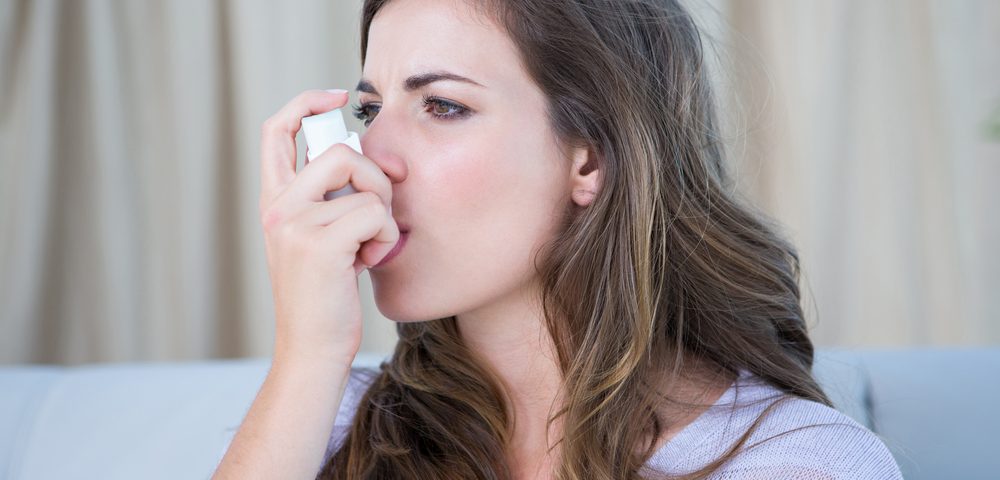Women with high levels of the sex hormone estrogen are more susceptible to asthma, pollen and food allergies, according to an Austrian researcher who noted that estrogen levels fluctuate with stage-of-life changes.
Estrogen also accounts for the respiratory conditions affecting women more frequently and more severely than men, according to Erika Jensen-Jarolim of MedUni Vienna‘s Institute of Pathophysiology and Allergy Research. In fact, she said, testosterone appears to protect men against the conditions.
Boys are at higher risk of developing asthma and allergies until 10. But increases in girls’ estrogen levels as they reach puberty begin making them more vulnerable.
“Estrogens cause inflammatory cells, such as the mast cells, for example, to react more sensitively to allergens,” Jensen-Jarolim said in a news release. “Conversely, the male hormone testosterone seems to exert a kind of protective function.”
The news release was in conjunction with an editorial she wrote about several new studies published in the German-language journal Allergologie.
Estrogen levels change with stages in women’s lives. Events impacting those levels include a woman’s first period, a decision to start using birth-control pills, pregnancy, menopause, and hormonal replacement therapy.
Estrogen levels also influence women’s sensitivity to pollution agents such as tobacco smoke.
Although many women have hormone treatments these days, they can trigger such symptoms as migraine headaches, joint pain, eczema, worsening of acne, and breathing difficulties.
Because hormone treatments are increasingly used in transgender medicine, they can put transgender people at higher risk of developing asthma and allergies as well.
“Such hormone treatments can trigger hypersensitivities, which, on top of that, are characterized by atypical symptomatology,” Jensen-Jarolim said. “We still do not pay enough attention to these links in the interaction between allergology and gynecology.”
She encouraged women to discuss with their doctors such important questions as: “Where am I in my cycle? Am I taking hormone preparations? Do I already suffer from asthma?”
Pregnant women should be especially careful, she said. “The hormone balance changes again in pregnancy. Asthma can worsen in one third of pregnant women – and an asthma attack during pregnancy represents a serious risk to mother and child.”
This makes it important to detect allergies early in a woman’s life, and before pregnancy, Jensen-Jarolim said.
More studies are needed on the relationship between hormones and health conditions, she said. For example, the immune system can react to hormones and contraceptives in a way that leads to pregnant woman miscarrying.
MedUni Vienna researchers have called for gynecologists to play a stronger role in diagnosing asthma and allergies.


Fat cells also produce estrogen and obesity appears to increase the risk of cancer. Heavy overweight men produce more estrogen and are prone to heart disease, cancer, and other related health issues.
When i had my second child back 47 years ago they didn’t have much for asthma then i was given a medicine with heaps of iodine in it which turned out to effect my baby by having an enlarged thyroid glan at birth, she made medical history because of this, it was a worry at the time but i had asthma very bad during this pregnancy so thats all i had to help me, fortunately this is all that effected her and with a year of thyroxine tablet her goiter reduced to normal. Sadly i lost Leanne at the age of 21 with an anuryisum and i often wonder if this was another consequence of the medication i took. When i went through menopause i then developed exzcma not sure if it was through stress of losing Leanne or because of change of life. Always wondered.